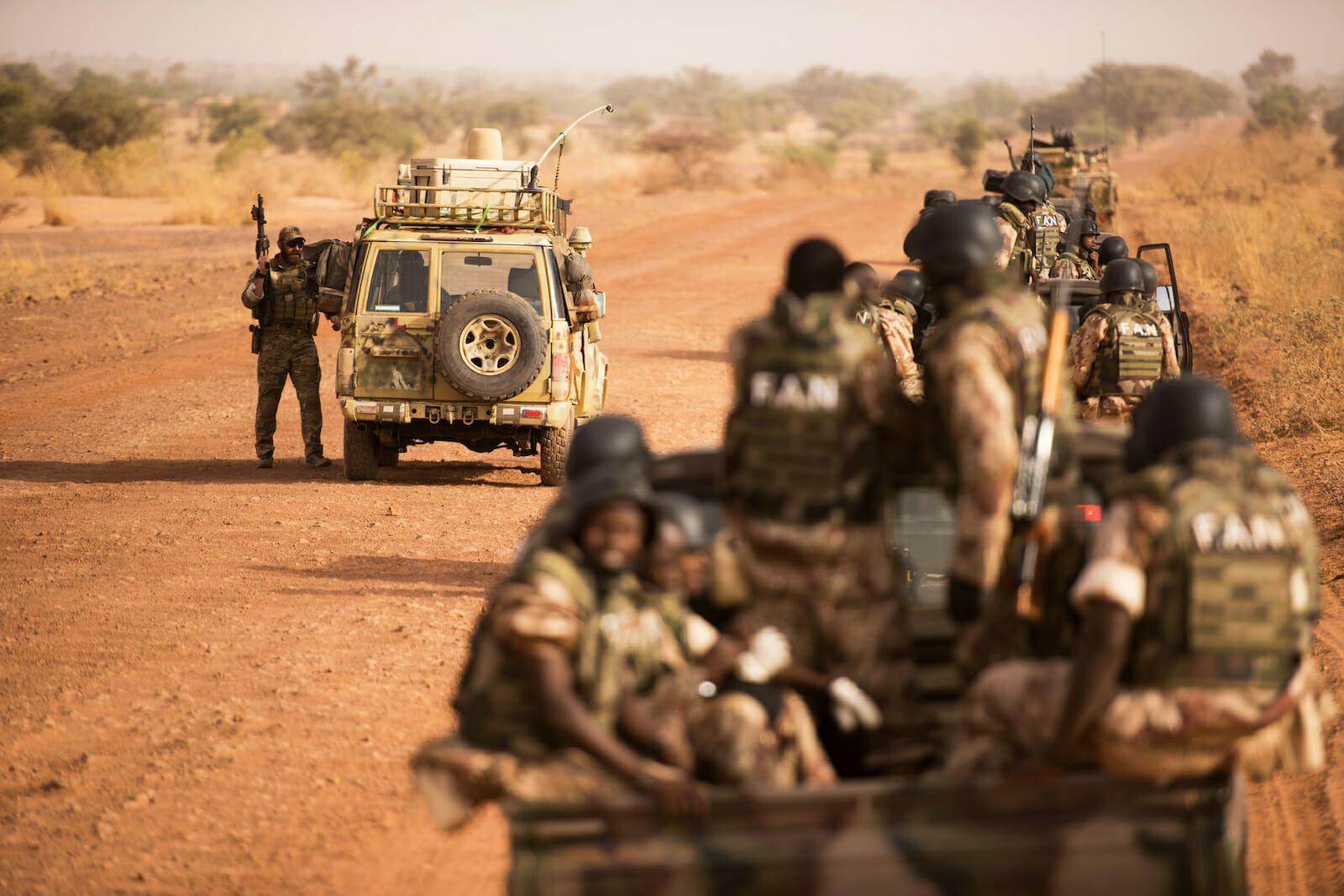
A Marshall Plan for Africa
The Marshall Plan in 1948 revived democracy and stabilized Western Europe. Economic growth and democratic institutions flourished. Now, the U.S. must take the same initiative in Africa.
The U.S. needs to assist Africa’s global integration in support of a more prosperous, democratic, and stable continent. Africa is expected to have 26% of the global population by 2050. Over half of its population lives in poverty and does not have access to basic human needs such as water and shelter. Lack of trade and investment prevents it from integrating into the global economy, which undermines prosperity and stability. Extreme poverty and violent extremism are further threats.
Better governance is essential. Empirical studies show that the poorest 20% of residents in a country pay the highest percentage of their income in bribes. These bribes rob them of the chance at a better life and rob their governments of capital resources. Africans deserve better.
The United States has the experience and expertise to assist Africa with growth and better governance. President Biden’s commitment to renewing Prosper Africa is a step in the right direction and we need to build on this momentum.
The United States will benefit from a Marshall Plan for Africa.
First, it will gain from increased trade with the growing African population. Advanced technologies from the U.S. can help overcome common accessibility issues in the region. African farmers can utilize affordable precision farming tools to increase food yields. American drone technology can help reach remote rural areas and deliver essential goods. Demand for U.S. software and hardware will increase as more consumers adapt to the technological landscape. Farmers in Kenya and Rwanda have improved their irrigation schedules and fields management with such technologies.
Second, it will create democratic and stable allies in Africa. The U.S. needs more allies to promote peace and just in the world. Strong and fair governance also gives confidence to investors. Providing guidance in best practices and accountability systems will allow for fair and democratic institutions. A World Bank judicial project helped establish an advanced data analytics system in Kenya to monitor the performance of courts, judges, and court personnel. Such management systems help users to identify and address corruption risks.
Third, the United States needs to ensure Africa does not become a breeding ground for terrorist groups. The persistence of jihadi Salafi terrorist organizations in Africa threatens locals and U.S. interests alike. If left alone, these groups will evolve to the point where they can directly attack U.S. interests beyond Africa. Terrorist groups take advantage of the poor who turn to extremist groups to provide for their families. The 911 Commission Report concluded that our counterterrorism strategy must “include economic policies that encourage development… and opportunities for people to improve the lives of their families.”
Investing in Africa does not mean less money or fewer jobs in the United States. The opposite is true. Engaging in international trade results in better returns on investment and cheaper goods for U.S. citizens. Outsourcing labor-intensive goods that are incorporated into products and services in the U.S. results in demand for higher-skilled jobs in the U.S. Diversifying our supply chain mitigates risk through less reliance on single sources of production. Economic development abroad significantly benefits the U.S. economy.
The United States must increase its commitment to building a more prosperous, democratic, and stable Africa. Africa’s importance on the world stage is steadily growing. With our attention and investment, Africa will become both an important trade partner and ally in promoting democracy and human rights. The United States should join hands with Africa on the road to prosperity. A stable and democratic Africa paves the way for a secure and peaceful world.

